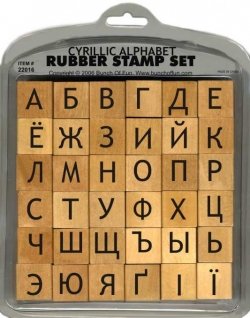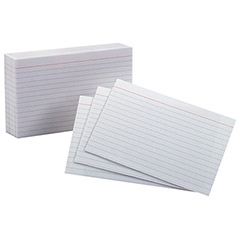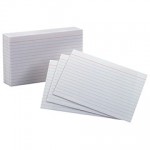Today I got a chance to try and answer the question - ‘How long does making new cards in Anki take?’
I’ve tested this out in English before, timing how long it took me to find pictures and add them to Anki for a bunch of color words (cardinal, violet, indigo, etc), and that came out to 12 seconds per word, and 6 seconds per card (One card with a picture on the front, word on the back, and the other card reversed). You’ll get periods like this in the beginning, when you’re filling in the base vocabulary that’s particularly easy to do in Google images.
Today I got to time how long it takes when the words are more complex. I had run out of new Russian cards earlier this week (around 2200 cards learned in a little more than 3 months), and so it was time to make some new ones. I had already skimmed through my Frequency List and marked the cards I still needed, and put extra marks next to the ones that were relatively easy to portray.
Continue reading →

 To learn a language, you need to memorize a lot of vocabulary, and memorizing lots of vocabulary can be tricky. You’re faced with unfamiliar spellings and unfamiliar sounds, which makes foreign words significantly more difficult to remember than words in your native language. In this article, I’ll show you how to remember words more easily with the help of mnemonics.
To learn a language, you need to memorize a lot of vocabulary, and memorizing lots of vocabulary can be tricky. You’re faced with unfamiliar spellings and unfamiliar sounds, which makes foreign words significantly more difficult to remember than words in your native language. In this article, I’ll show you how to remember words more easily with the help of mnemonics.


